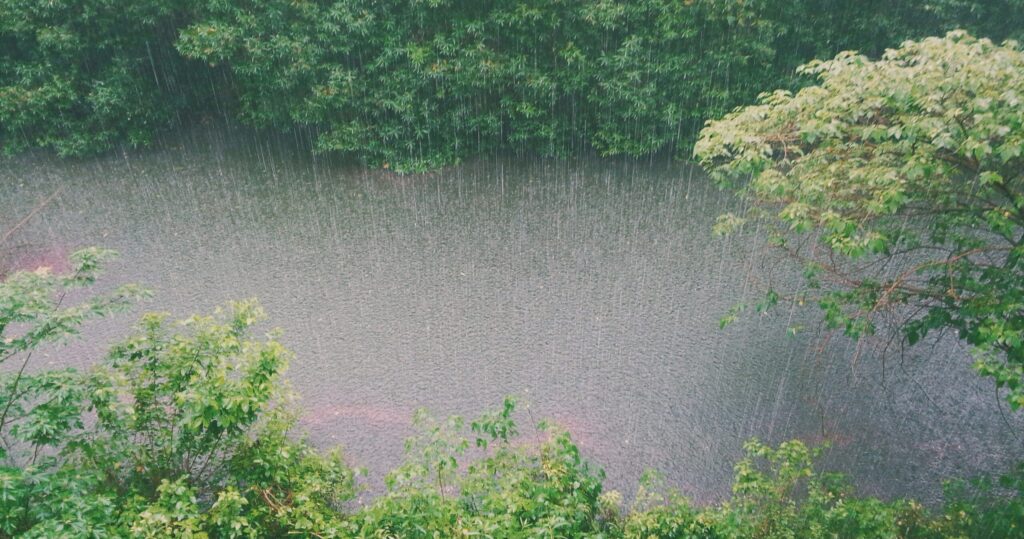Perhaps you think one problem with the climate change debate is the increasingly shrill and often also peculiar warnings of alarmists, from our having just 11 years to save civilization to the dangers of bridges collapsing into algae-filled lakes in a warmer world. But Naomi Oreskes, historian of science and originator of the bogus 97% consensus claim, has coauthored a new op ed in Britain’s Guardian saying the real problem is that scientists are downplaying the severity of the crisis lest they should lose credibility. So you’re saying the science isn’t alarmist after all?
In the Op Ed and a book Discerning Experts: The Practices of Scientific Assessment for Public Policy, Oreskes and her coauthors Dale Jamieson and Michael Oppenheimer argue, as they put it in the Guardian, that on three key environmental topics, “acid rain, ozone depletion and sea level rise predictions from the west Antarctic ice sheet” the claims of “climate skeptics and deniers” that scientists exaggerate are wrong. “By and large, scientists have either been right in their assessments, or have been unduly conservative. We noticed a clear pattern of underestimation of certain key climate indicators, and therefore underestimation of the threat of climate disruption. When new observations of the climate system have provided more or better data, or permitted us to re-evaluate earlier conclusions, the findings for ice extent, sea level rise and ocean temperature have generally been worse than previously thought.”
While scientists have recently claimed ocean warming is “worse than we thought” they have also had to retract the claim because it was based on faulty math. And Oreske’s position is peculiar for several other reasons, the first being that what “climate skeptics and deniers” generally say is that alarmists exaggerate what scientists say, not that scientists do. Mighty few of us believe that “Ninety-seven percent of scientists agree: #climate change is real, man-made and dangerous”, to quote that world-famous non-scientist Barack Obama. On the other hand, alarmist non-scientists are forever telling us that (a) the science is beyond question and (b) things are worse than the scientists said which (c) can’t both be true.
The second odd point is that if Oreskes et al are to be believed, scientists have been issuing hair-raising warnings for decades. Yet now she and her coauthors say scientists haven’t been doing anything of the sort because they are timid. So if scientists aren’t sounding the alarm, what science are you relying on to say they should be?
The third odd point is that when it comes to “sea level rise predictions from the west Antarctic ice sheet” we have no way of knowing whether they were right or not because, being predictions, they have yet to be verified. Unless the claim is that the west Antarctic ice sheet has already melted more than scientists thought and has already raised sea levels as far as they predicted and further.
If the latter, the statement is simply wrong. We have decent data on sea level increases since the end of the last glaciation, although measurement of this superficially simple phenomenon is actually hugely complicated because any given piece of land may be subsiding, rising, eroding or accumulating in ways that interact with whatever the base sea level rise might be. And what it shows is, unsurprisingly, dramatic increases in sea level around 14,000 years ago as the glaciers retreated, tapering off to a gentle rise that has continued more or less evenly ever since including in the last 50 years. So there is nothing new about a gentle rise in the oceans, and no new surge either. (There are also grounds to doubt the more apocalyptic scenarios about collapsing ice cliffs.)
Responding in Forbes to another piece Oreskes coauthored in the New York Times two days earlier, accusing economists of also having downplayed the consequences of climate change, Roger Pielke Jr. says the real danger to science is alarmists like Oreskes and Michael Mann who increasingly accuse the IPCC, of all outfits, of understating the threat for fear of seeming hysterical. Pielke claims the IPCC’s early predictions of temperature and global sea-level rise by the mid-2000s have actually been reasonably accurate. Moreover, they have also included the sorts of potential catastrophe scenarios Oreskes accuses them of not including.
Pielke, incidentally, has been tarred as a denier despite in fact believing in man-made climate change while requesting that everyone avoid becoming hysterical. For instance he is on record that "The IPCC has concluded that greenhouse gas emissions resulting from human activity are an important driver of changes in climate. And on this basis alone I am personally convinced that it makes sense to take action to limit greenhouse gas emissions." Despite which he was twice the target of McCarthyite investigations from Congressional Democrats for being a mouthpiece for big oil.
In their Guardian piece, Oreskes et al have the unmitigated gall to put down their overwhelming-consensus-so-shut-up drum long enough to write “To scientists, we suggest that you should not view consensus as a goal. Consensus is an emergent property, something that may come forth as the result of scientific work, discussion and debate. When that occurs, it is important to articulate the consensus as clearly and specifically as possible. But where there are substantive differences of opinion, they should be acknowledged and the reasons for them explained.” By which they apparently mean that you may say that while 97% think the sky is on fire, the other 3% believe it to be undergoing nuclear fusion. But not that hurricanes aren’t getting worse (Pielke’s original sin), that the seas are not washing away coastal cities or anything of that sort.
Suppose, for instance that someone were to write publicly that “The last time [atmospheric CO2] levels were this high, the world was about five degrees Fahrenheit warmer and sea level 32 to 65 feet higher.” If true it would mean something other than CO2 must control the climate, which would be a direct challenge to the supposed consensus that CO2 is the driver of global temperature and will cause disasters if it keeps rising. In short it would be an utterance of the sort likely to attract the opprobrium of Oreskes and her colleagues.
Oh wait. That was Oreskes, along with Nicholas Stern, in the New York Times on Oct. 23. So allow us to acknowledge that we think this detail means CO2 is not very important and the world will not end in 11 years.



“The last time [atmospheric CO2] levels were this high, the world was about five degrees Fahrenheit warmer and sea level 32 to 65 feet higher.” Doesn't that mean that the world crossed a tipping point, a positive feedback loop kicked in, the world got too hot to support life, and that you and I (and Oreskes) do not exist?